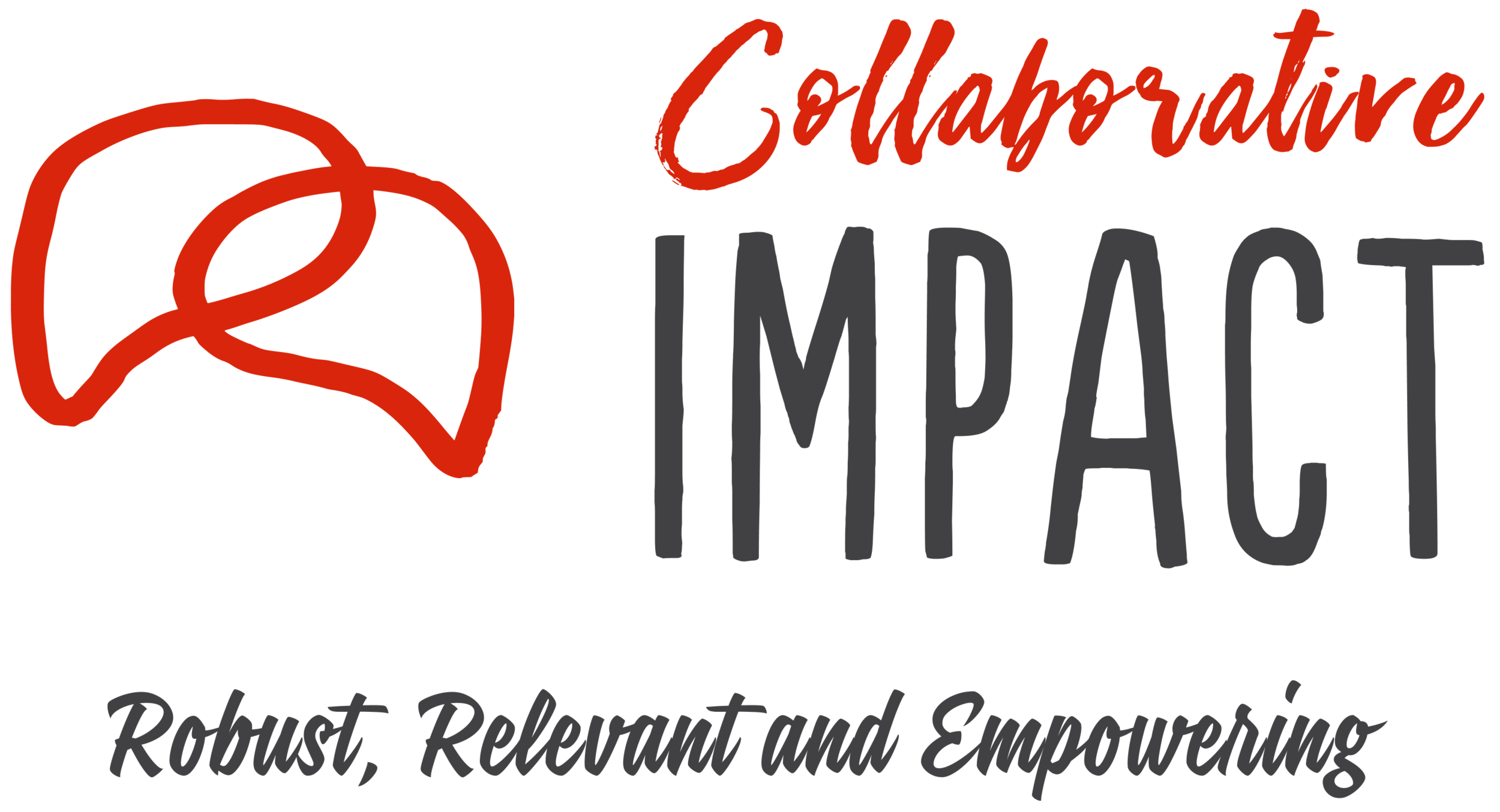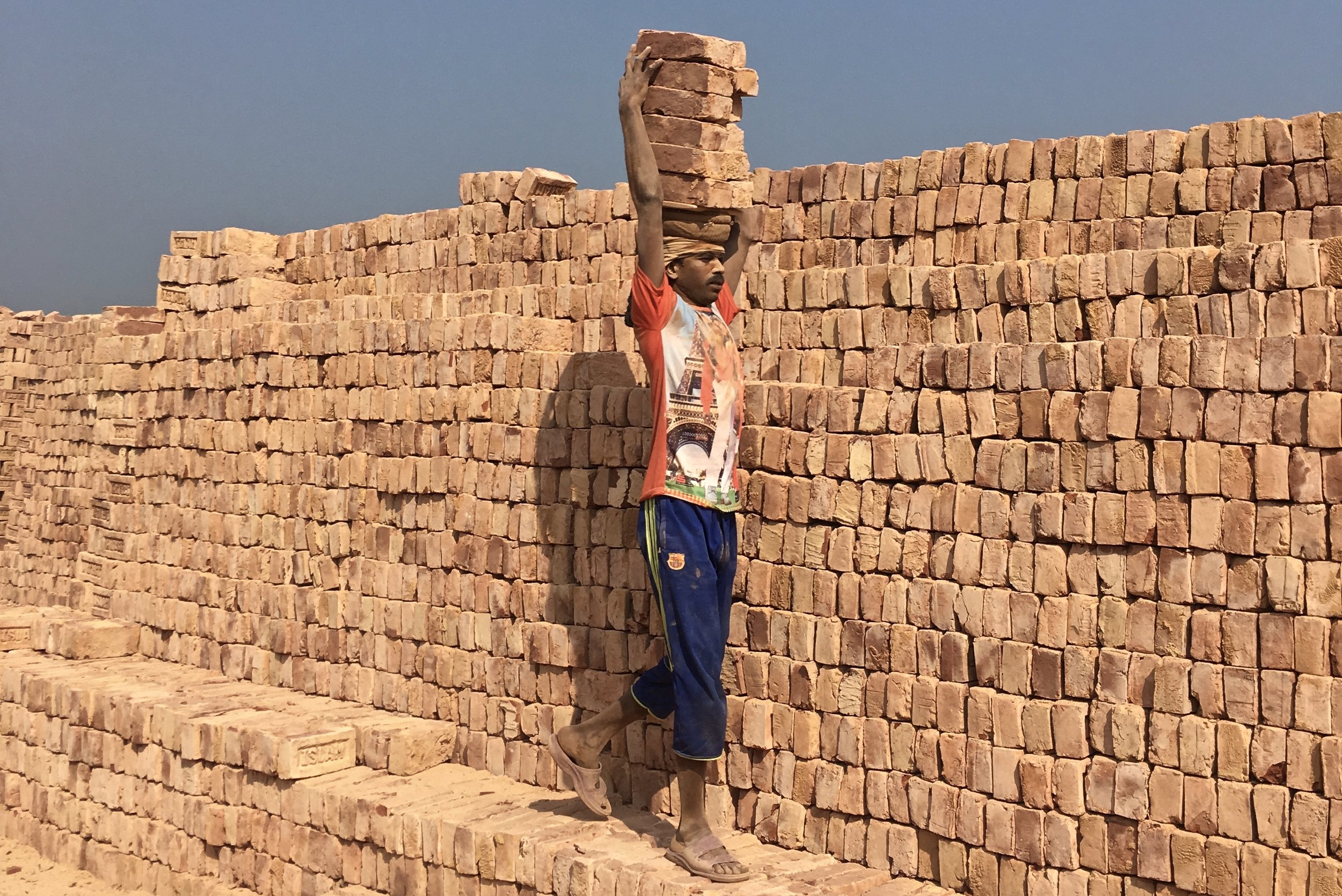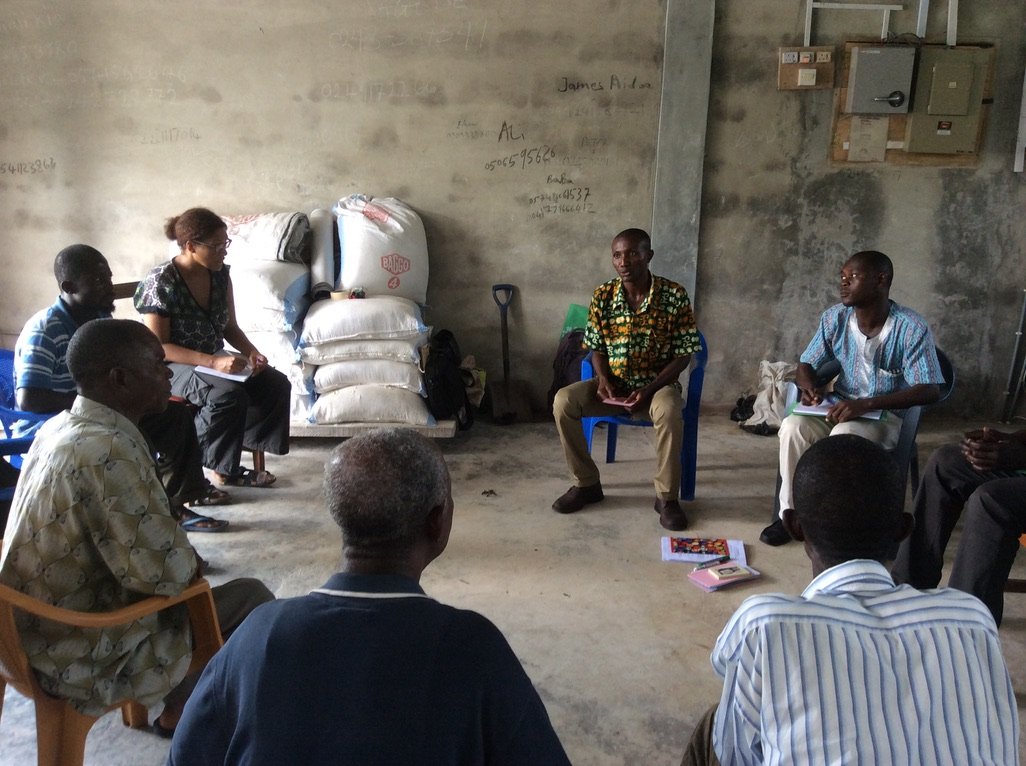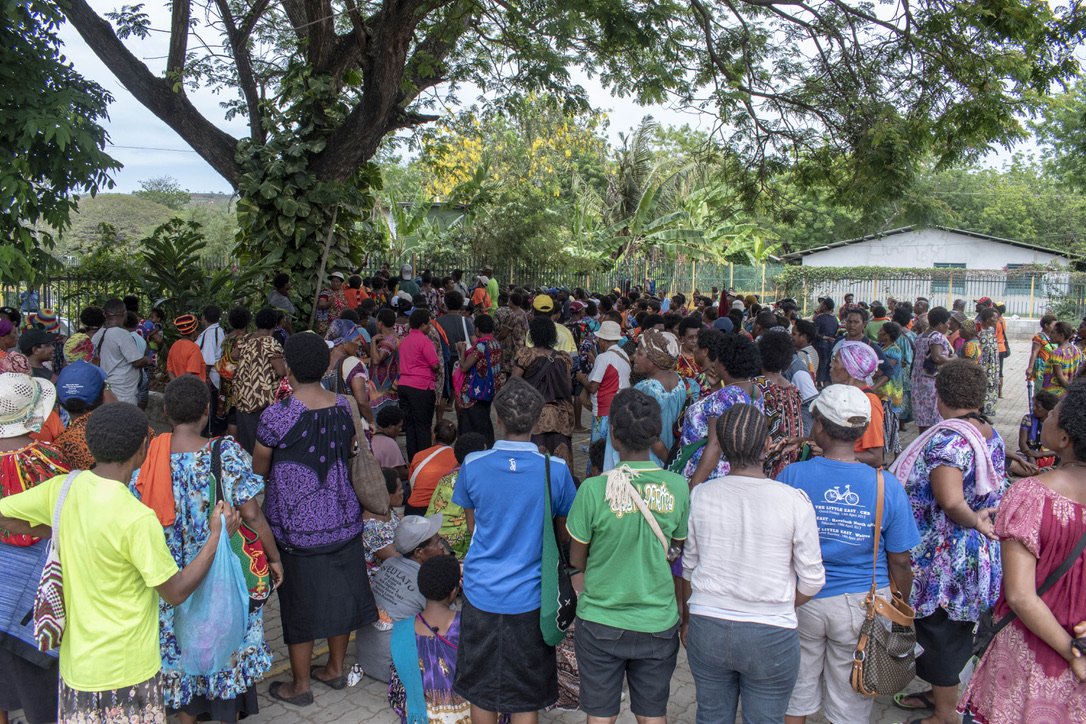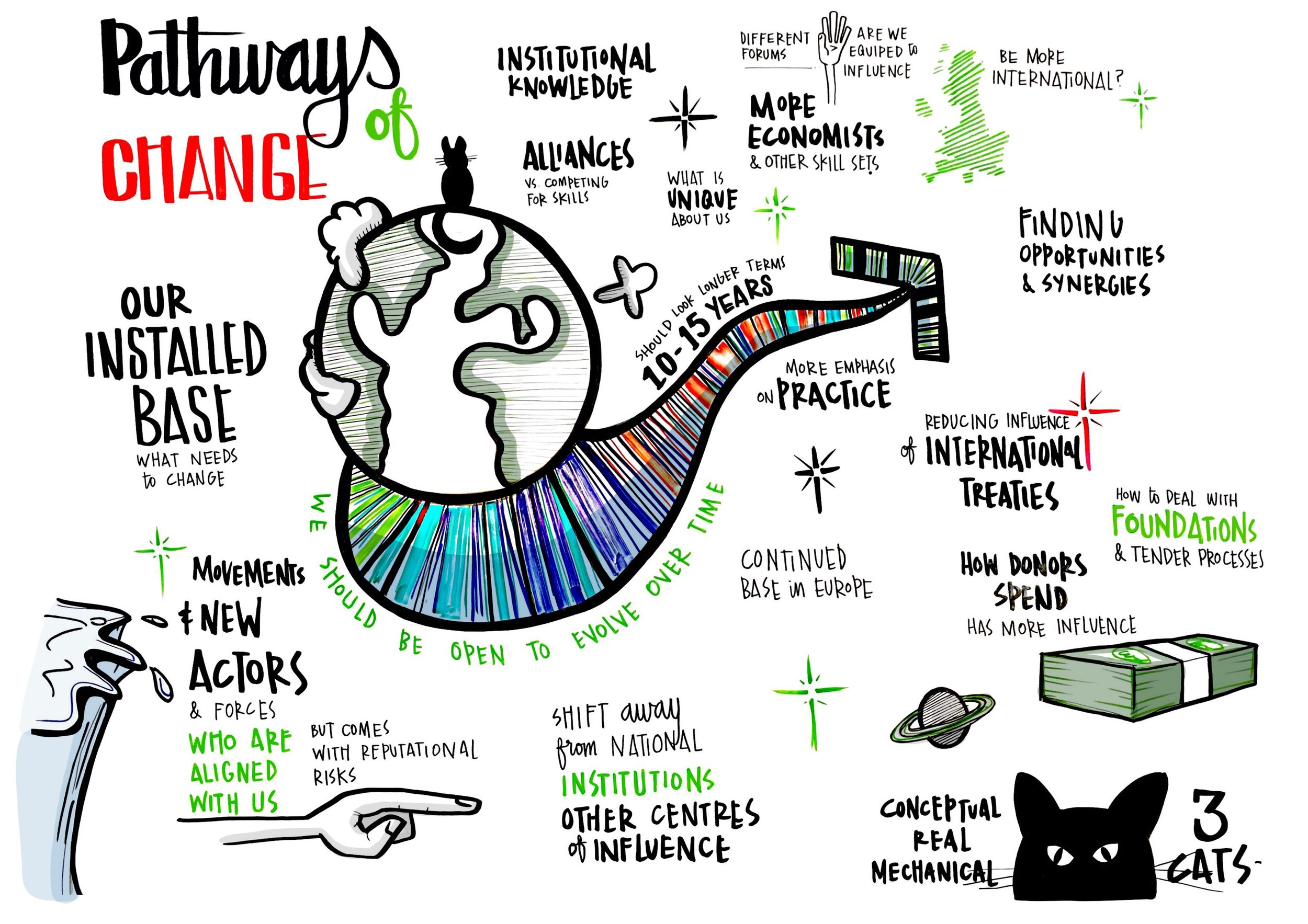SUSTAINABLE RETURN ON INVESTMENT
Sustainable Return on Investment (SROI) expands on Social Return on Investment by integrating environmental considerations alongside the social and economic dimensions of sustainability. The method evaluates the overall ‘Value for Money’ (VfM) of impact investments, but goes further by establishing a shared value unit in broader (than merely financial) terms, generating an evidence-based account of how investments in businesses and industries impact both on people and the planet.
Drawing on case studies gathering qualitative, quantitative and financial information and ensuring all stakeholder voices are heard, SROI constructs a comprehensive value creation narrative that encompasses both positive and negative, intended and unintended, direct and indirect outcomes. Utilising a value unit and valuing system that is collectively defined and agreed upon enables the comparison of social, economic and environmental outcomes and investments for the various stakeholders and calculate VfM rations as a basis for discussion and inclusive decision making. For example, a ratio of 3:1 would illustrate that a net investment of one unit has yielded a total of three units of broader value.
By emphasizing the inclusion of diverse stakeholder perspectives and data sources, this refined approach highlights SROI's role not merely as a metric but as a critical unit of measure for quantifying 'value' in a comprehensive manner, necessitating a consensus among all stakeholders.
SROI in PIALA-based MEL
Combined with our Theory of System Change (ToSC) method and Participatory Statistics (or other relevant methods) in a PIALA-based MEL framework, SROI can be used for impact monitoring of investments across value chains.
This helps to create a more comprehensive picture of the investments’ Sustainable Development footprint and facilitates the exploration and stress-testing of innovations for sustainable business solutions as part of a proactive sustainability strategy.
‘Sustainability’ is about meeting the needs of the present without compromising the needs of future generations by balancing environmental protection, social equity, and economic viability. The aim is to create a balanced system where resources are used wisely to ensure long-term resilience and health of both the planet and its inhabitants.
SROI can be used in:
Retrospective evaluation for assessing the cost-benefits and outcomes of public and private impact investment initiatives for investees and their suppliers, consumers, communities and natural environment, extending beyond financial returns.
Forecast evaluation to predict the extensive value that could be realised if investments were to fulfill their intended social, environmental and economic goals.
Impact monitoring focused on tracking the more comprehensive Sustainable Development footprint of investments and testing innovations for sustainable business solutions.
